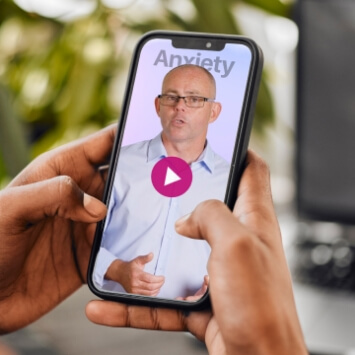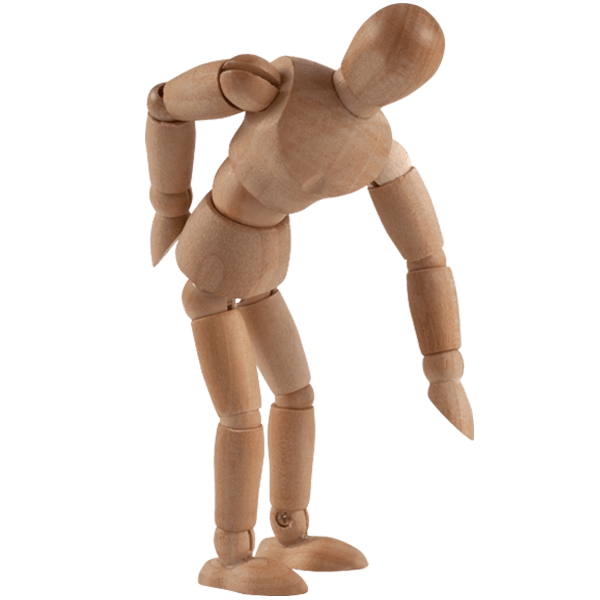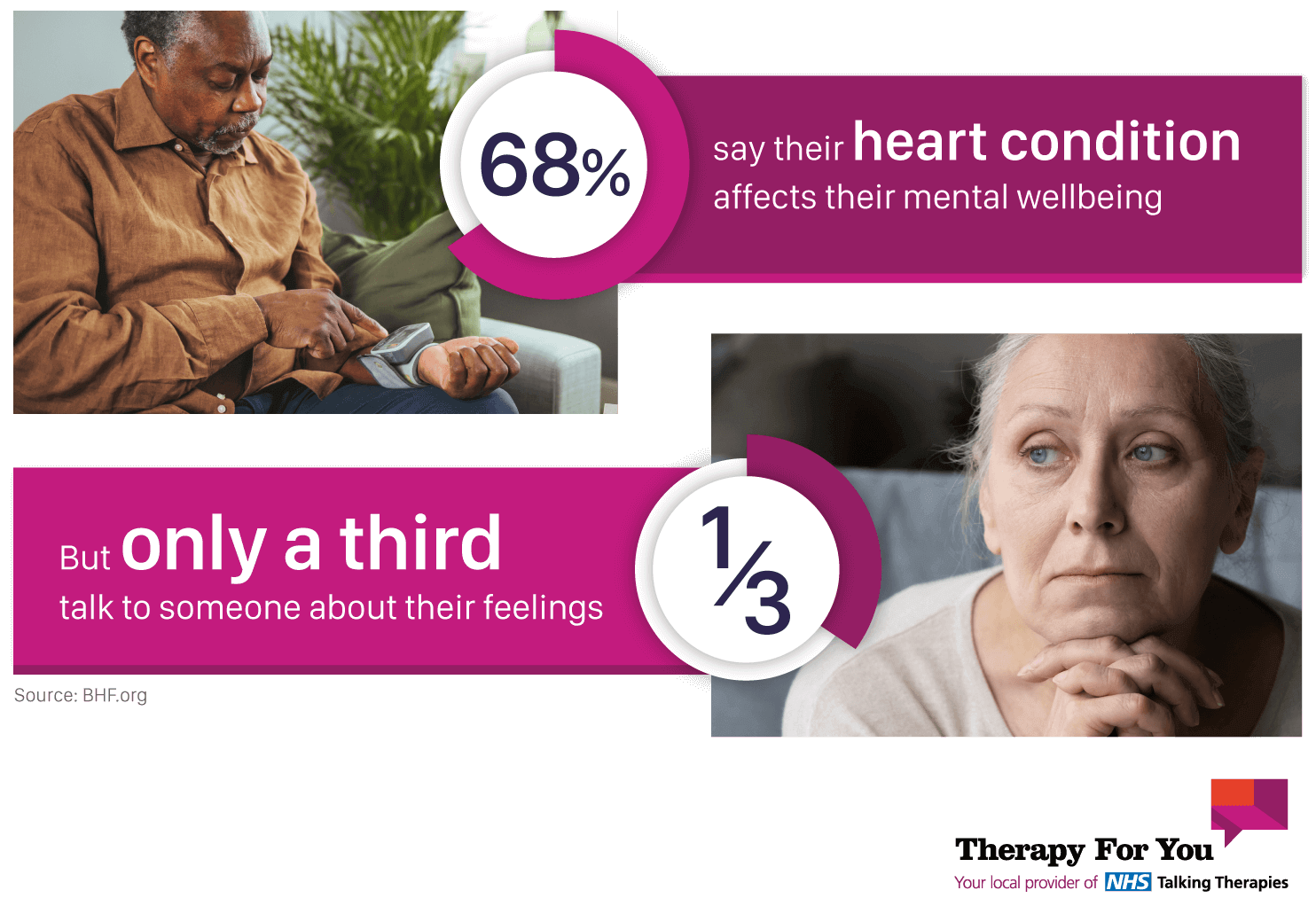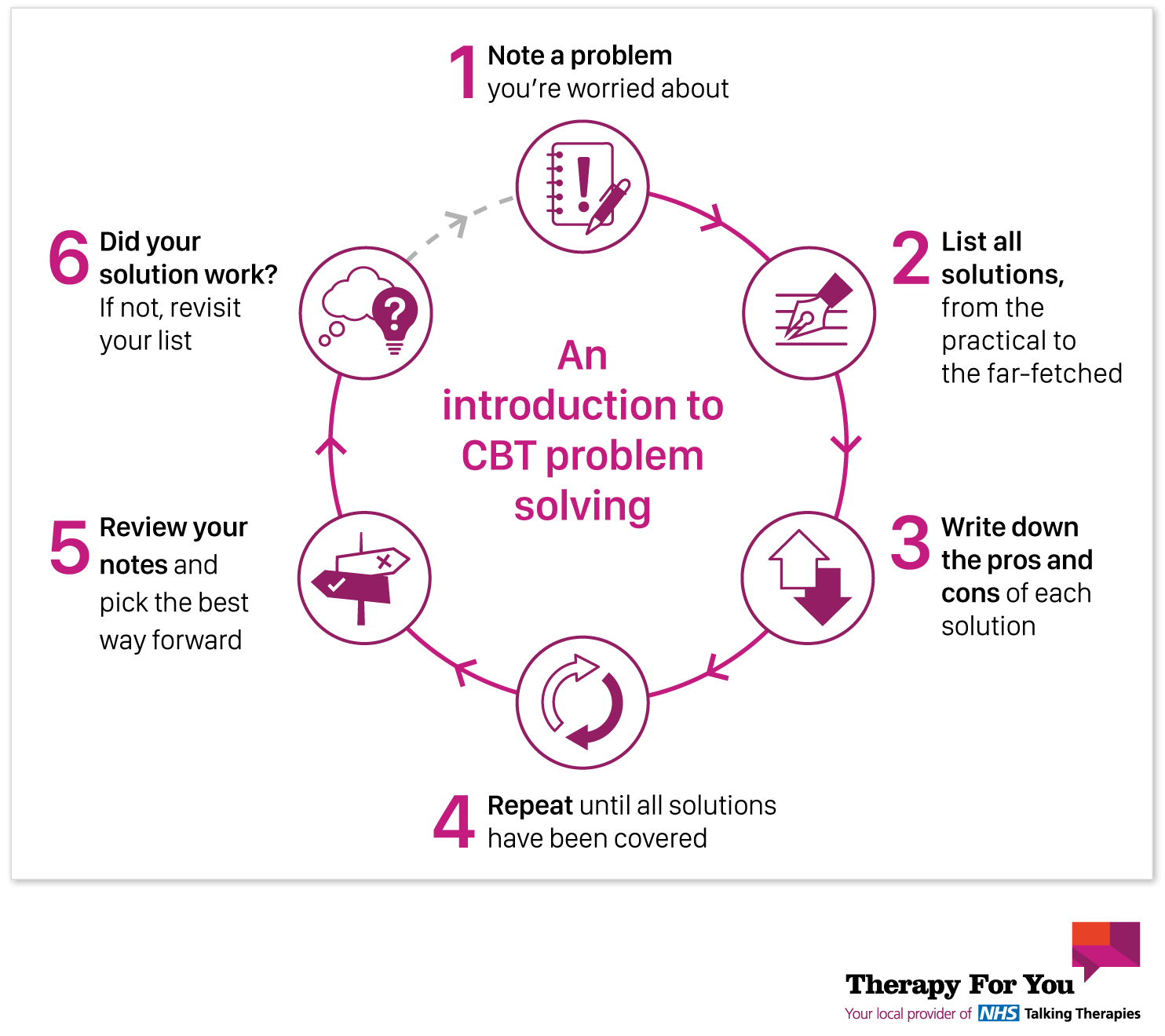Around the world, as many as 300 million people are affected by depression. Sometimes, these feelings of low mood or sadness will pass after a few days or weeks. In other more serious scenarios, these feelings can become a staple of day-to-day life, and make an already challenging time even harder.
Although depression is rarely visible, it affects everyone differently. For some, it can make concentrating at work harder. For others, it can worsen their physical condition and bring about new symptoms, such as aches or pains.
Common signs of depression can include, but are not limited to:
- Constant feelings of emptiness, sadness or hopelessness
- Heightened irritability and restlessness
- A lack of interest in once-enjoyable activities
- Decreased energy
- A lack of focus or ability to make decisions
- Poor memory
- Trouble sleeping or waking
- Changes in your appetite and weight
- Thoughts of suicide
Depression is common among those living with a wide range of physical health problems, including cancer, heart disease, diabetes and Alzheimer’s disease. But you may not recognise this if you believe this is a symptom of your condition, or you are blaming yourself for being lazy or feeble.
If you think you are living with depression, it is important to ask for help. Reaching out is not a sign of weakness, or a distraction from treating your physical condition. The earlier you seek help, the easier it is to prevent these feelings from further impacting your physical health problem and your overall wellbeing.












